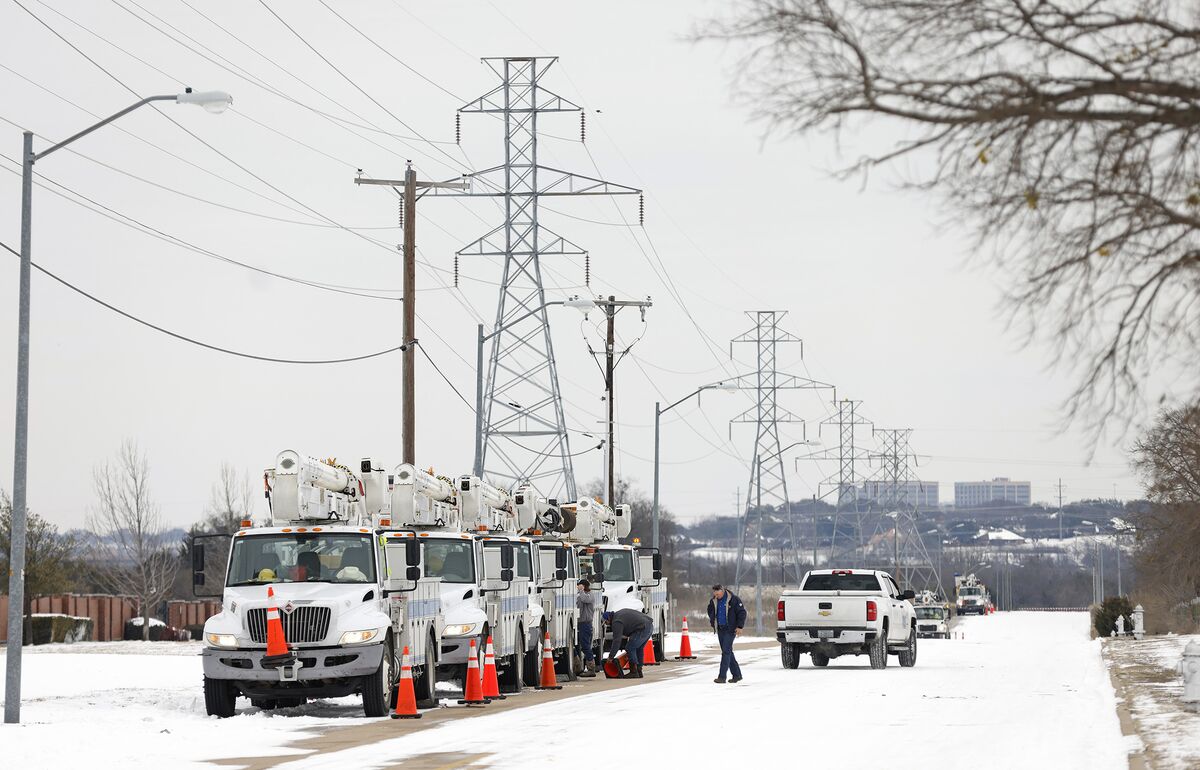Came here to laugh at the "THAR BE NO REAL POWER OUTAGES IT'S A GUMMINT CONSPIRACY BECAUSE THE LIZARD PEOPLE WANT TO CRAM SOLARS DOWN OUR THROATS THANKS OBAMA !!" guy, but he didn't show?
!!" guy, but he didn't show? 
I expected more amusement out of you, Internet!
 !!" guy, but he didn't show?
!!" guy, but he didn't show? 
I expected more amusement out of you, Internet!






![[Hearth.com] Texas Power Shortage [Hearth.com] Texas Power Shortage](https://www.hearth.com/talk/data/attachments/274/274828-3ad12598479d29e52389bb8d0c1ee697.jpg?hash=ypqeDeMjBf)
